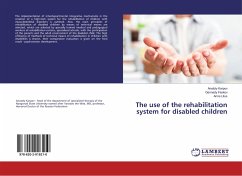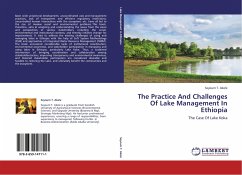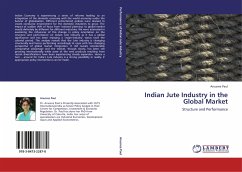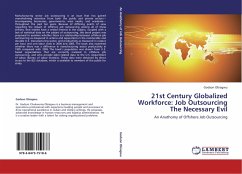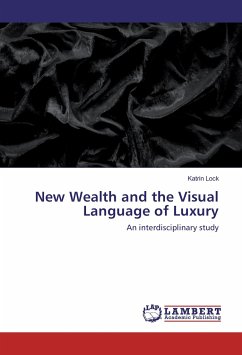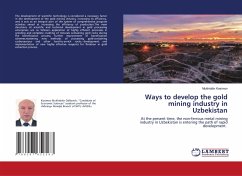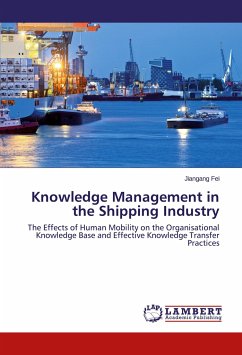
Knowledge Management in the Shipping Industry
The Effects of Human Mobility on the Organisational Knowledge Base and Effective Knowledge Transfer Practices
Versandkostenfrei!
Versandfertig in 6-10 Tagen
62,99 €
inkl. MwSt.

PAYBACK Punkte
31 °P sammeln!
The shortage of skilled and qualified personnel in the shipping industry has gained considerable attention in recent years. Various approaches have been used to address this issue with limited success. Conventional human resource management has its limitation in managing this highly mobile international workforce. This book looks into the issue from a new perspective where high mobility of personnel in the shipping industry is seen as a vehicle of knowledge flows that can be used for knowledge transfer. It argues that while an organisation cannot stop personnel from leaving, it is possible, by...
The shortage of skilled and qualified personnel in the shipping industry has gained considerable attention in recent years. Various approaches have been used to address this issue with limited success. Conventional human resource management has its limitation in managing this highly mobile international workforce. This book looks into the issue from a new perspective where high mobility of personnel in the shipping industry is seen as a vehicle of knowledge flows that can be used for knowledge transfer. It argues that while an organisation cannot stop personnel from leaving, it is possible, by utilising effective knowledge management practices, to retain part of the knowledge held by such personnel. The book endeavours to apply knowledge management principles into the shipping industry to better manage its knowledge assets thus mitigating the skill shortage that has been faced by the industry. This new approach should help shed some light on providing solutions to the persistent skill shortage problem in the shipping industry, and should be useful to both practitioners and academics in the fields of human resource management and knowledge management.







